Conservation Field Trips: Why They Matter
If you have come to university to learn about conservation and use your brain to solve issues, you may wonder why you’re being asked to poke around in the mud.
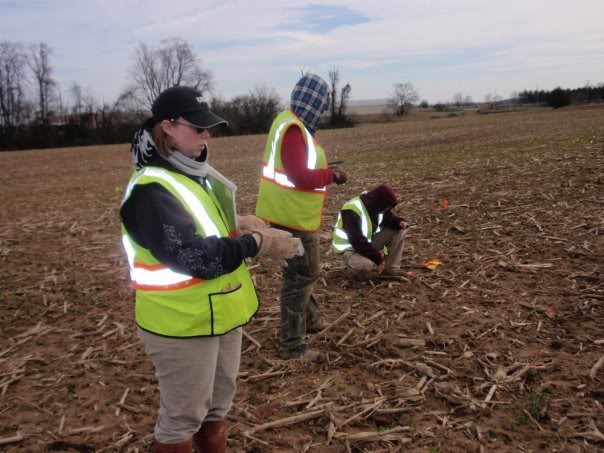 Image: Olivia Maes
Image: Olivia Maes By Olivia Maes AMSB
BA (Hons) Natural Sciences: Zoology, Veteran Volunteer @oamaes
As part of some conservation-orientated courses (Zoology, Ecology, etc) there will be the opportunity to go on a field trip. If you have come to university to learn about conservation and use your brain to solve issues, you may wonder why you’re being asked to poke around in the mud. However, as will be explained below, these trips are vital to your success in the conservation sector.
As mentioned before, hands-on experience is needed in conservation. It is useful to be able to identify species, and this takes practice. Equally, to conserve a habitat you need to understand its ecosystem relations, which can be demonstrated in the field. The aim of the field trips is to become familiar in practice with what you are learning about in theory. Only by being able to relate the theory with the reality in the field can you make sound conservation decisions.
Another reason why field trips are important is that you are helping the environment while doing the work. Your transects may reveal an issue with an invasive species, or your measurements may show a degradation in soil quality. Thanks to the physical changes you make to the land, and the information you provide through research, the area can be better managed or protected.
Field trips are also social occasions: giving the opportunity to build relationships with classmates, to network by meeting people in the sector, and see new places. Many of my classmates said their favourite memories of their Zoology course were of the field trips. As with overseas volunteering, the experience is rewarding in itself.
Lastly, doing hands-on work in the field is a different form of learning to books. It can be a refreshing break from the lecture theatre and library. Amidst the stress of passing exams, it helps you reconnect with why you choose to do the course. With your sense of awe, and passion for nature re-awakened, you can focus on your study of the natural world and its conservation.

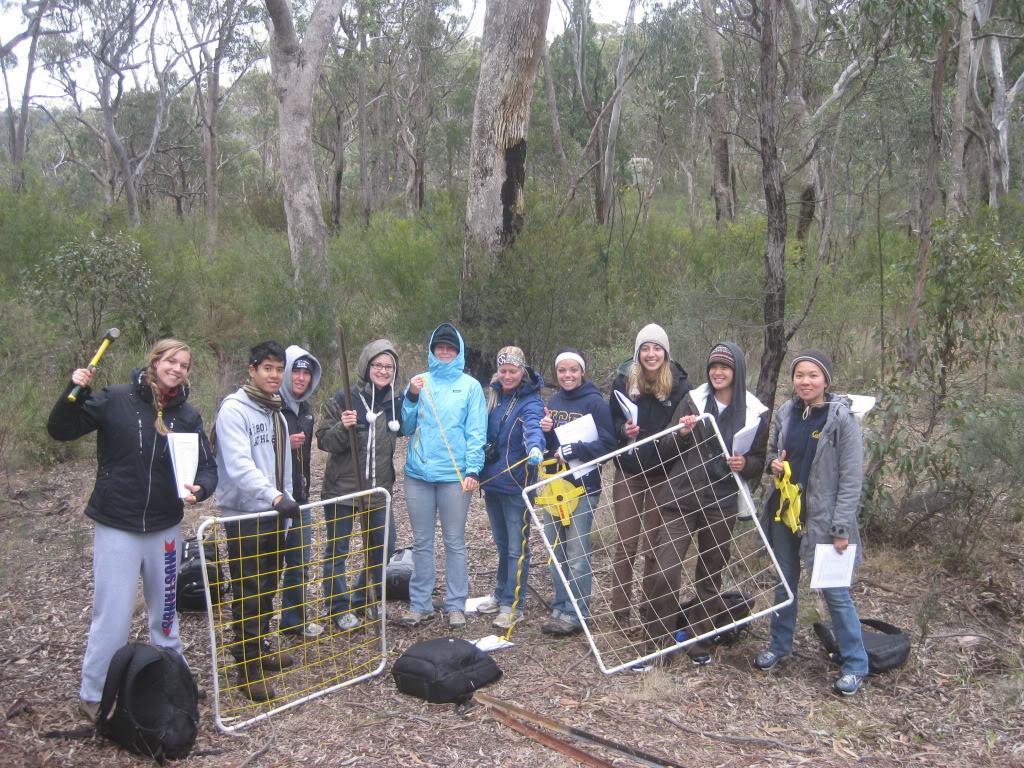
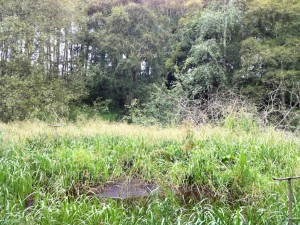
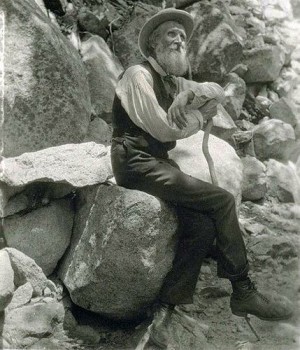
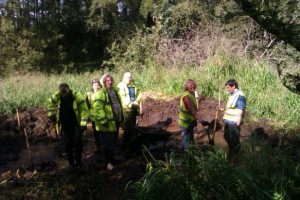
2 Comments
Hello,
can you please give me some advice. I’m writing on behalf of my son.
He will leave school this year and would like to take a year out doing
volunteer field work prior to applying for a place to do Zoology at
University.
The work would ideally be as a field assistant to researchers assisting
with data collection etc. His hope would be to gain a good grounding
in the planning and execution of such field work that would stand in
his favour when applying for a degree course.
Can you help me with any advice as to where best to find such work and
to whom he should apply?
Best regards
Your local RSPB and/or Wildlife Trust should have volunteering opportunities. There are also BTCV and FSC courses, but they cost money.
Unless he wants to take a year out for other reasons as well, it is not absolutely necessary. He can already do volunteering now during weekends and holidays. This will show commitment to zoology/conservation, and give him practical experience. For most degree courses, the entry (such as the interviews at Oxbridge) will be more academically based, than experience. The admission people want to see how you think on your feet, what knowledge you have and how you’re able to apply it, whether you’re passionate and dedicated, and if you’ll do well and be happy at that university. Some volunteering experience will certainly be useful and look good (commitment, etc), so I would encourage it. However, I shouldn’t think a whole year is necessary. His best bet is to contact the admissions office and ask what they’re looking for, contact current students in that university and course (eg, alternative prospectus). That should give more information. I should add that if he wishes to work in the conservation sector (although this is also true for other sectors) it is ABSOLUTELY vital to get as much practical experience as possible during his degree. Field trips, volunteering, projects, etc, and also getting to grips with data handling and office skills, as well as species identification skills. Please do not hesitate to ask me further questions.